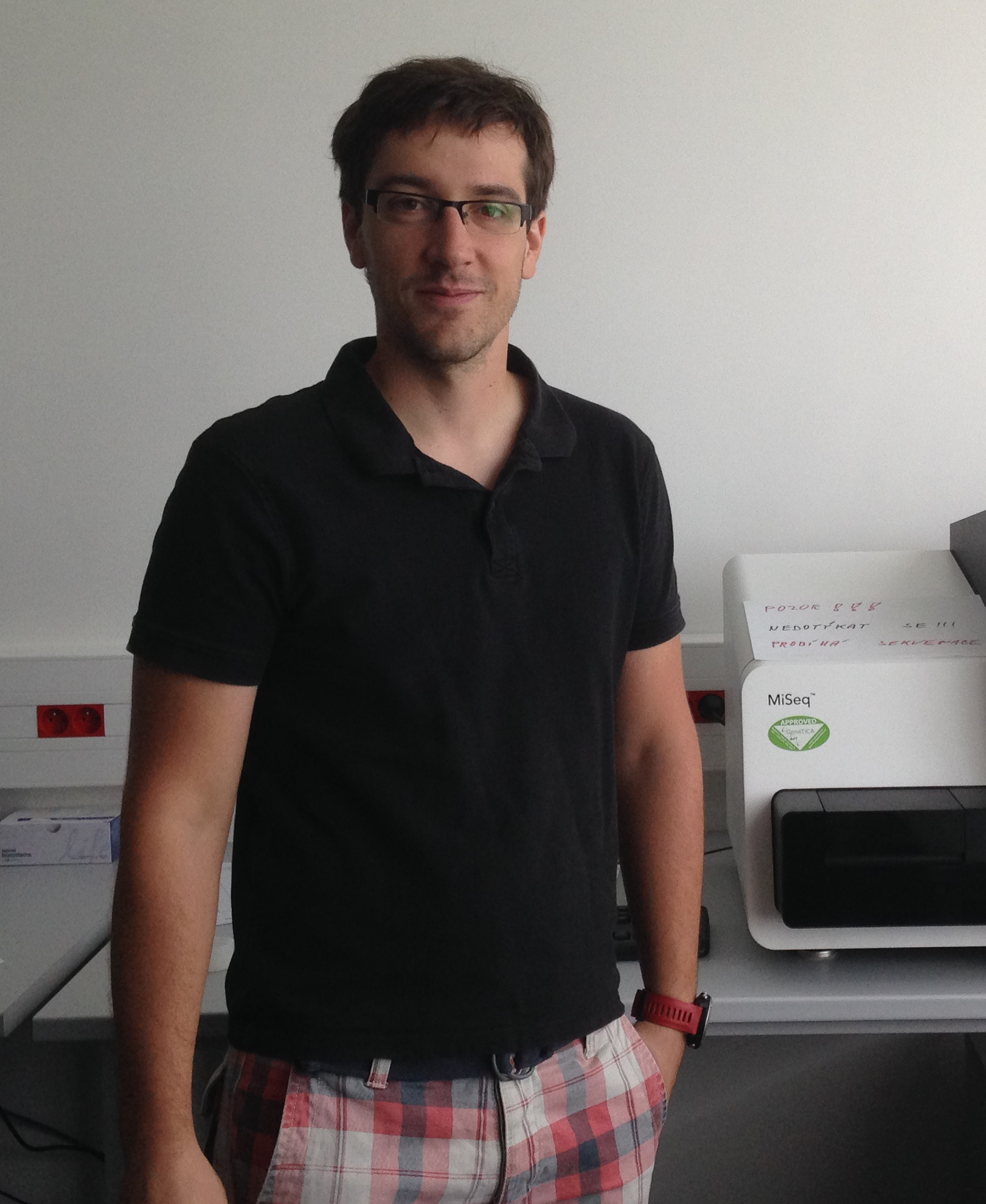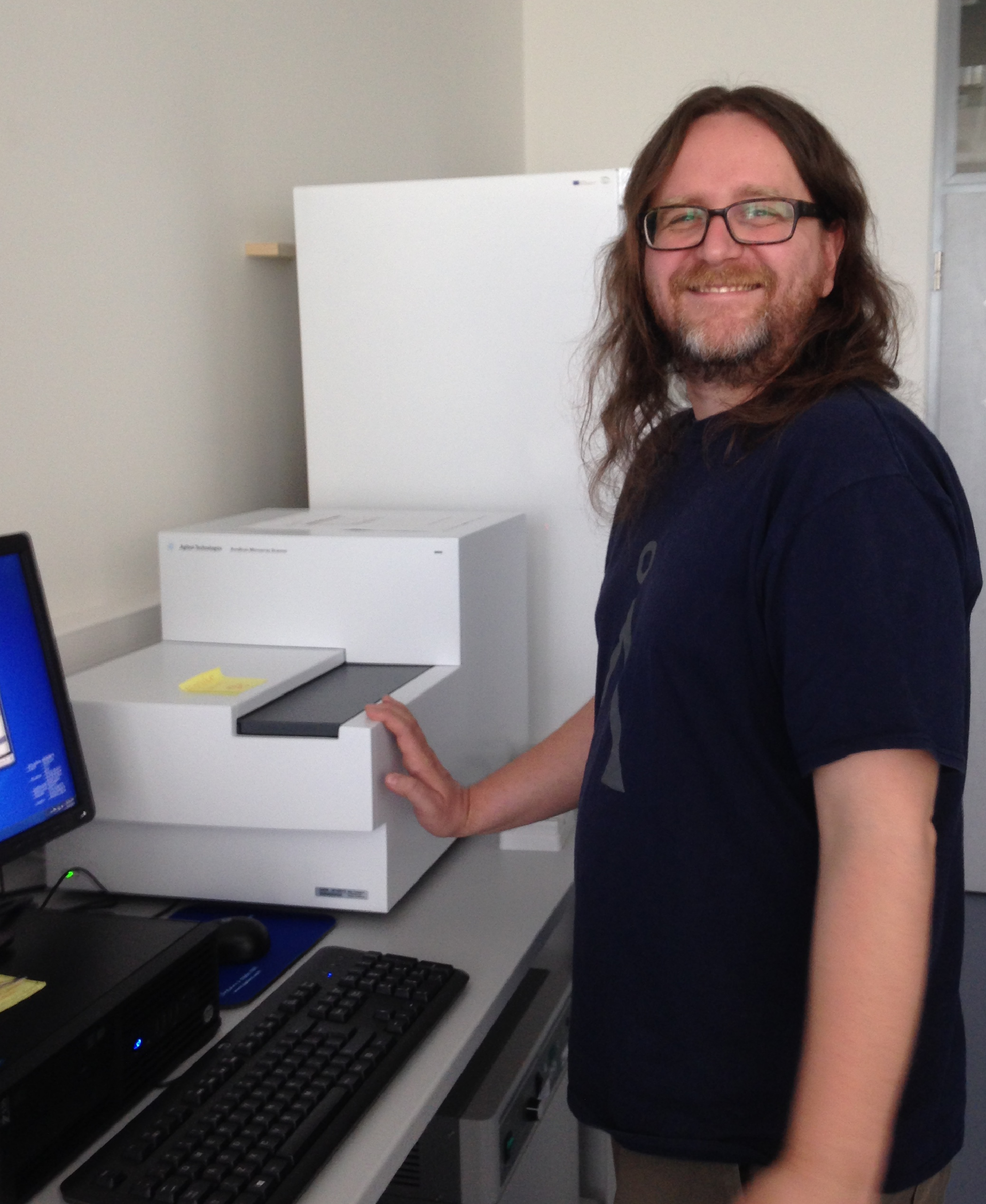Difference between revisions of "Team:Czech Republic/Practices"
(→Medicine) |
(→Engineering) |
||
| Line 9: | Line 9: | ||
[[File:Czech_Republic_IODLecture.png|470px|link=]] | [[File:Czech_Republic_IODLecture.png|470px|link=]] | ||
| − | Since | + | Since a lot of ideas behind IODs were build on the fundamentals of classical engineering, we wanted to present the concept of our project (from an engineering point-of-view) to young engineers and get their feedback. We had a great opportunity to present our project and synthetic biology in general at a lecture of Introduction into Cybernetics led by Prof. Ing. Miloš Schlegel CSc. After giving a 30 min lecture about synthetic biology, we introduced our project. The response was surprisingly positive. Not only were we asked several to-the-point questions, but several students even showed deeper interest in synthetic biology and individually contacted us later. |
| + | |||
'''Key outputs:''' | '''Key outputs:''' | ||
Revision as of 06:40, 18 September 2015
Human Practice
Contents
Outreach strategy
The IOD band presents a new approach to diagnostics and diagnostic engineering. So at Team Czech Republic we addressed engineers and medical experts to discuss the application and the novel engineering approach. In addition, Czech Republic teamed up with Chalmers Gothenburg to conduct a multinational survey on public conception of Synthetic Biology.
Engineering
 Since a lot of ideas behind IODs were build on the fundamentals of classical engineering, we wanted to present the concept of our project (from an engineering point-of-view) to young engineers and get their feedback. We had a great opportunity to present our project and synthetic biology in general at a lecture of Introduction into Cybernetics led by Prof. Ing. Miloš Schlegel CSc. After giving a 30 min lecture about synthetic biology, we introduced our project. The response was surprisingly positive. Not only were we asked several to-the-point questions, but several students even showed deeper interest in synthetic biology and individually contacted us later.
Since a lot of ideas behind IODs were build on the fundamentals of classical engineering, we wanted to present the concept of our project (from an engineering point-of-view) to young engineers and get their feedback. We had a great opportunity to present our project and synthetic biology in general at a lecture of Introduction into Cybernetics led by Prof. Ing. Miloš Schlegel CSc. After giving a 30 min lecture about synthetic biology, we introduced our project. The response was surprisingly positive. Not only were we asked several to-the-point questions, but several students even showed deeper interest in synthetic biology and individually contacted us later.
Key outputs:
When will this technology be available on the market?
Why are current diagnostic test so expensive? Is it because of the infrastructure or are the individual test expensive ...
Why do you say your diagnostic test is easy to use when the truth is not many people can collect their blood by themselves?
Medicine
 In order to get a professional opinion on our project and to learn more about cancer and CTCs, we conducted an interview with two cancer specialists, Mgr. Pavel Pitule, Ph.D. and Mgr. Pavel Ostašov, Ph.D. The interview took place at the Biomedical Center of Faculty of Medicine in Pilsen. After introduction of our project idea we discussed some particularly interesting points. This interview was not only helpful and enriching but also led to an agreement to collaborate with the Laboratory of Tumor Biology in the near future.
In order to get a professional opinion on our project and to learn more about cancer and CTCs, we conducted an interview with two cancer specialists, Mgr. Pavel Pitule, Ph.D. and Mgr. Pavel Ostašov, Ph.D. The interview took place at the Biomedical Center of Faculty of Medicine in Pilsen. After introduction of our project idea we discussed some particularly interesting points. This interview was not only helpful and enriching but also led to an agreement to collaborate with the Laboratory of Tumor Biology in the near future.
Key outputs
Use a change of color instead of the agglutination as an indicator of CTCs' presence
In response, a group of experiments from module 2 was changed to use GFP as an indicator of successful communication between IODs. The use of color indication in the further research proved advantageous (atleast partially), and the use of color indicators will be always considered in later experiments.
A recommendation to test the agglutination on a slide
In response, since we have the possibility to perform our experiments in microfluidics, we will consider sticking by this advice and will use microfluidics in our future agglutination experiments.

Mgr. Pavel Pitule Ph.D.
Mgr. Pavel Pitule, Ph.D. is a junior researcher at the Biomedical Center at the Faculty of Medicine in Pilsen. He is the research group leader of Laboratory of Tumor Biology.

Mgr. Pavel Ostašov Ph.D.
Mgr. Pavel Ostašov, Ph.D. is a researcher at the Biomedical Center at the Faculty of Medicine in Pilsen. He is a member of Laboratory of Tumor Biology.
Multinational general public vs. biologists GMO survey
Team Chalmers Gothenburg suggested us to participate in their GMO survey. We asked 63 biologists and 50 respondents from general public to fill in the survey. Same thing was done in Sweden. Thanks to that we have the opportunity to compare GMO knowledge in Sweden and Czech Republic. Big thanks belongs to team Chalmers Gothenburg for statistical evaluation of all data.
Key output
Safety